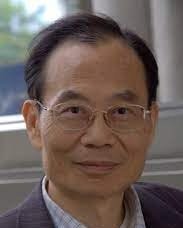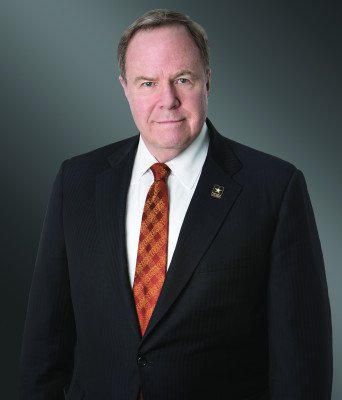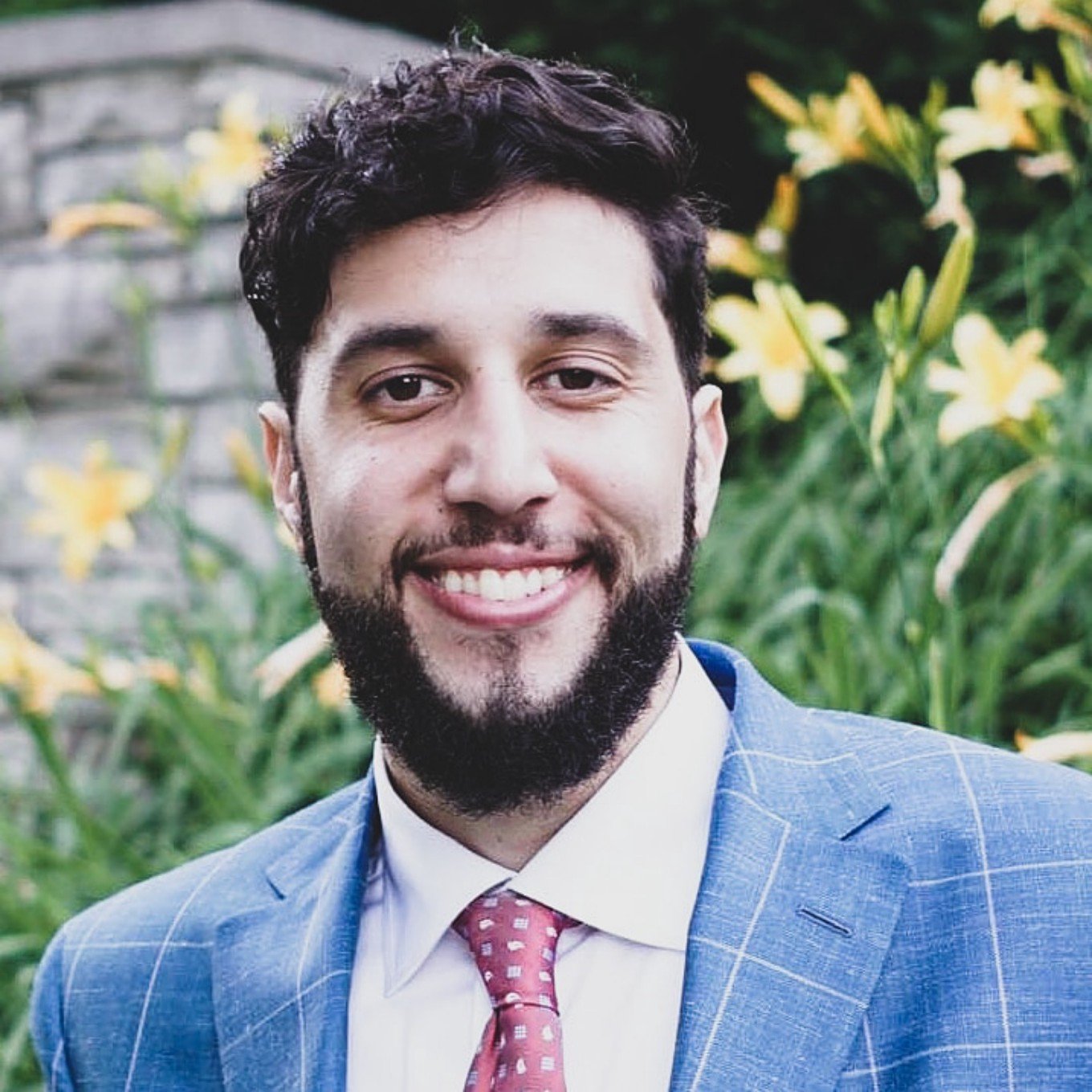About:
Our world is undergoing seismic changes. Continually expanding cross border migration, rising income and wealth disparities across nations and within national urban and rural populations, environment-related risks, as well as the rapid pace of technological change challenging definitions of community and identity are demanding that we rethink national development objectives historically driven by economic growth and establish objectives which are driven by what matters most – our happiness.
Over the last 40 years, economists, psychologists, sociologists, and other social scientists have refined ways to define and measure happiness. Now, governments around the world are aspiring to measure happiness within their own populations and develop in a way which leads to its improvement.
With urban populations set to increase by 2.4 billion people by 2050, a significant number migrating from rural areas, new development in cities may provide the greatest potential for improved global happiness. Many complex processes must be envisioned and coordinated to plan, develop, and operate any city, let alone one which improves happiness sustainably and inclusively, not just within the city, but the surrounding rural regions, also.
The path forward will require the integration of ideas from different disciplines – such as urban planning, sociology, psychology, economics, technology, finance, and politics – as well as collaboration between agents from different sectors –government, industry, academia, and civil society.
To create a rich dialogue layering, debating, and, at times uniting, these diverse perspectives, we will bring together decision-makers and thought leaders from these disciplines and sectors to synthesize strategies for achieving happier cities.
Speakers:
DR. CAROL GRAHAM
Senior Fellow/ Professor, Brookings Institute/University of Maryland
DR. LOK SANG HO
Dean of Business, Chu Hai College of Higher Education, Hong Kong
AUBRILYN REEDER
Senior Manager Economic Cluster, United World Infrastructure
DR. CARRIE EXTON
Head of Section, Monitoring Well-Being and Progress, OECD Statistics Directorate
DR. LOUISE LAMBERT
Editor and Founder Middle East Journal of Positive Psychology
JOE REEDER
Principal, United World Infrastructure
MR. HOUSSAM ELOKDA
Director of Operations and Masterplanning Lead, Happy City
RODRIGO MARQUEZ
Coordinator for the Human Development Report, UNDP Chile
J. RICARDO ALVAREZ
Researcher, MIT Senseable City Lab .
DR. CAROL RYFF
Professor of Psychology, University of Wisconsin - Madison
DR. JENNY ROE
Mary Irene Deshong Professor of Design and Health, Urban and Environmental Planning Faculty, Director of the Center for Design and Health, University of Virginia












